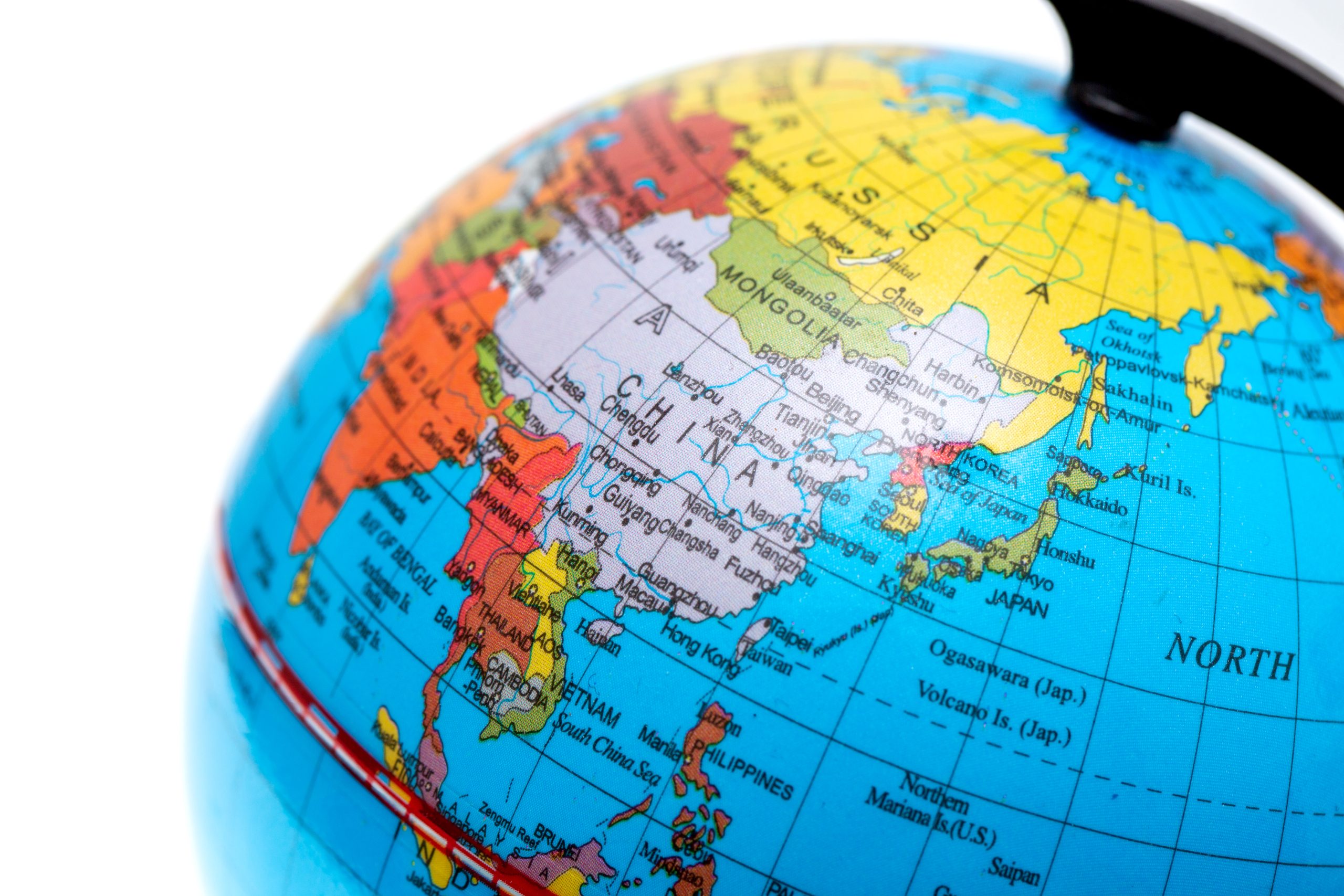“Enhancing connectivity and economic integration” – Speech by President Charles Michel at the East Asia summit in Laos

Connectivity and economic integration are the lifeblood of the European Union – they run through our veins. The EU is one of the world’s successful examples of regional integration and connectivity with the world’s largest single market — 450 million consumers representing 18% of global GDP.
Today we are here to celebrate your successful regional integration through ASEAN. ASEAN and the European Union, together we can be proud and inspire the world as models of economic integration. We can show how integration can build peace, prosperity, security, and resilience. Strong regional integration is also fundamental in promoting effective inter-regional economic exchange and shared prosperity.
Over the past decade, the EU has been the second largest source of foreign direct investment in ASEAN. Last year alone, Europe invested $30 billion— 13% of the total foreign direct investment — in ASEAN. And over the last decade, we have been ASEAN’s second largest trading partner in goods. Last year, we engaged in over $310 billion of trade with ASEAN. And our partnership spans a wide range of vital areas, from high-speed computing to construction standards. And we continue to invest. Our EU investment plan totals €300 billion, to finance and build clean and sustainable infrastructure.
We have also agreed or are negotiating free trade agreements with many of you. We are also interested in ASEAN’s ambitions for a digital economy framework agreement. The green and digital transitions offer enormous potential to boost our integration for the next generation.
Global economic integration means more prosperity and less poverty. More cooperation and more coordination lead to more benefits for all. The spectacular success of Asian economies in recent decades has benefited the wider world, including us in Europe.
The zero-sum game in international relations is a curse, a ‘lose-lose’ proposition for all. It must be relegated to the dustbin of history.
The EU is a fierce defender of international law, with the UN Charter at its core. Respect for international law must underpin economic integration and successful connectivity. The South China Sea is a good example. Roughly one-third of the EU’s maritime trade in goods travels through the South China Sea. Disregard for the international laws that govern the maritime domain threatens this trade that benefits us all.
The law is the law. No matter who breaks it. And no matter who is the victim. The same applies to international law, there can be no double standards. The European Union staunchly defends this principle.
A few weeks ago, I was at the UN General Assembly in New York, where I witnessed the worst and the best face of multilateralism.
The worst was Russia’s war against Ukraine and the conflict in the Middle East. They undermine international law and destabilise international relations. They are a poison in the bloodstream of multilateralism.
That is why our resolve to support Ukraine is stronger than ever and why we condemn the despicable terrorist attacks by Hamas. Israel has the right to defend itself, while respecting international law and the principle of proportionality. In Gaza, we call for an immediate ceasefire and the urgent implementation of UN Security Council resolutions, along with the unconditional release of hostages taken by Hamas, the protection of all civilians, and a two-state solution.
We also call for a ceasefire in Lebanon, we urge all parties to exercise restraint and to respect international humanitarian law. We need to continue working for the peaceful resolution of conflicts. That is why the European Union supports the efforts of ASEAN to resolve the crisis in Myanmar through the Five-Point Consensus.
In New York, I also saw the best face of multilateralism. World leaders coming together to adopt the ground-breaking Pact for the Future after years of negotiations and laying the foundation for a fairer, more peaceful, and more sustainable world.
It was a spark of hope for the future. Not only for the outcome, but also for the process. The vast majority of countries, led by regional groups, successfully worked together to reach a deal, despite their differences. It was a clear example that when we work together, there is no North and South, no East and West, and no bipolar world.
Instead, there are challenges we all face together, and solutions we can all achieve together. This is the real multilateralism, based on cooperation.
As the EU and ASEAN deepen our bonds, we are laying the foundation for our prosperity, and the foundation for a better and more effective multilateralism.
Let’s keep working together to strengthen our ties. And to build a brighter future for all.
